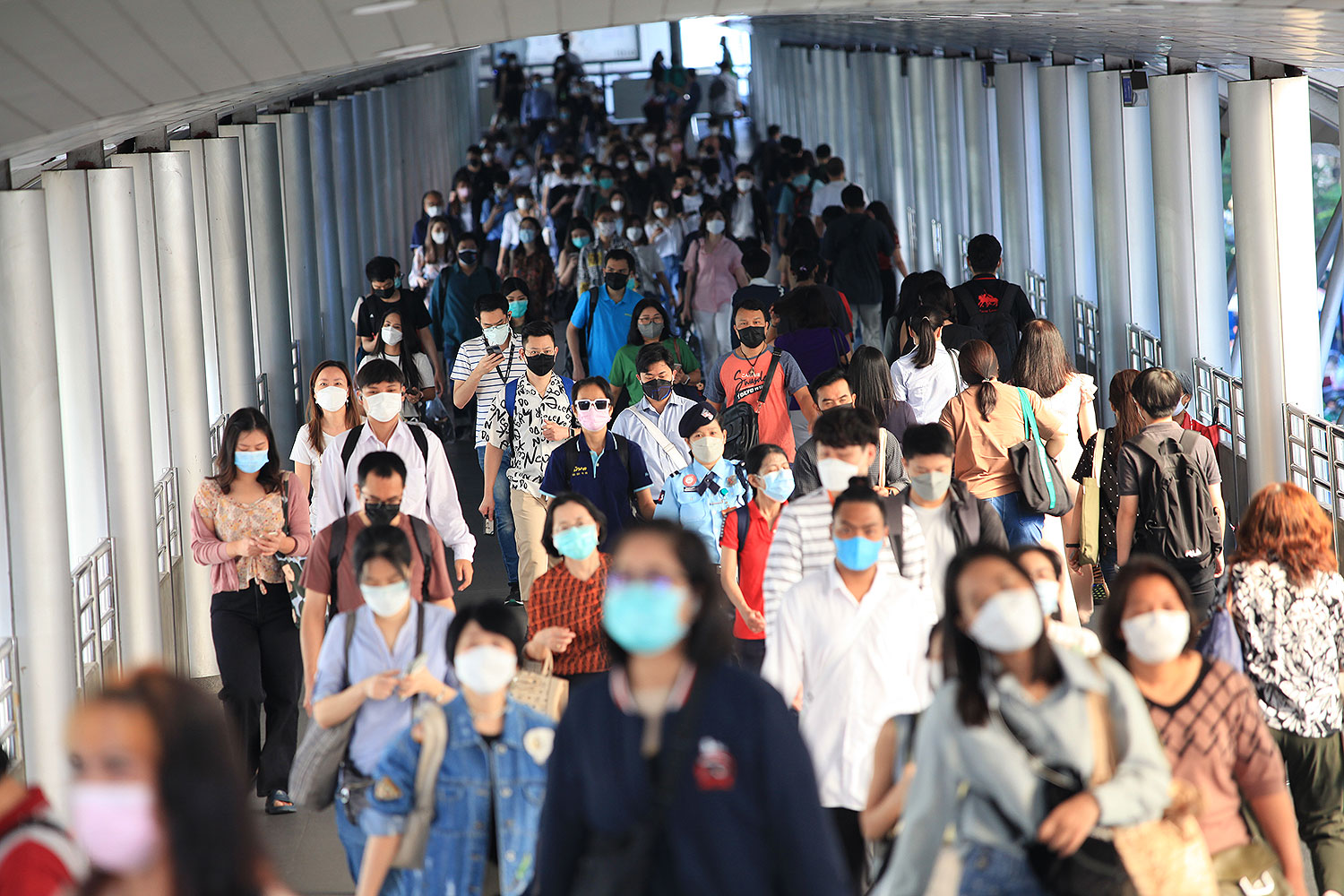
Thailand's reputation as the "Land of Smiles" is facing existential crisis. While Thais are perceived as warm, friendly and easygoing, assessments by the World Happiness Report in recent years have questioned whether Thais have many reasons to smile at all.
According to report's latest ranking of nations according to how happy their people feel, Thailand ranked 60th place, out of 137 countries, up only one spot from the previous year.
This happiness rate is a far cry from the 36th place it enjoyed in 2013. The unfavourable ranking also stands in contrast to Prayut Chan-o-cha's promise to "Return Happiness" to Thais when he staged his coup in 2014.
According to the report, there are plenty reasons for Thais to be unhappy: blatant corruption, deep social divisions, economic hardship, inequality, and a lack of government courage to make structural change.
The World Happiness Report is a publication of the United Nations Sustainable Development Solutions Network. It assesses happiness based on various criteria: social support, income, expectations of a healthy life, and perceptions of corruption.
Finland again retains its top billing as the happiest country in the world for the sixth consecutive year. In the region, Thailand is the third happiest country in Southeast Asia after Singapore and Malaysia.
When broken into sub-factors, Thailand received its lowest score in terms of people's perception of corruption (0.013), followed by generosity (0.291), healthy life expectancy (0.461), freedom to make life choices (0.624), social support (1.344) and GDP per capita (1.515).
Corruption is a major issue in Thailand, with graft widespread in state procurement projects. Despite government efforts to combat corruption, the lack of progress in solving the problem has had a negative impact on the people's psyche.
It is shocking that Thailand is falling behind in perceptions about generosity. Thais are perceived as kind. But economic hardship, social division, inequality, and income gaps have put pressure on Thais from all walks of life, making it harder for them to be generous or even smile.
It is worth mentioning that the World Happiness Report stresses that material development and income are not enough to make people happy.
For decades, Thai policymakers have used GDP per capita to assess social and individual happiness. Yet the Happiness Index speaks loud clear -- happiness is not only about GDP, but also about hope and optimism about a society that is equal, honest, environmentally clean, and where people have freedom of self-determination.
Given that the country's reputation as the "Land of Smiles" is at stake, the next government needs to do more than pushing up GDP or doling out money.
If it wants to make Thais truly happy, the government must be audacious in eradicating corruption, narrowing income disparities, solving health and pollution problems and making Thailand an open and fair society where citizens are hopeful and free to choose.







